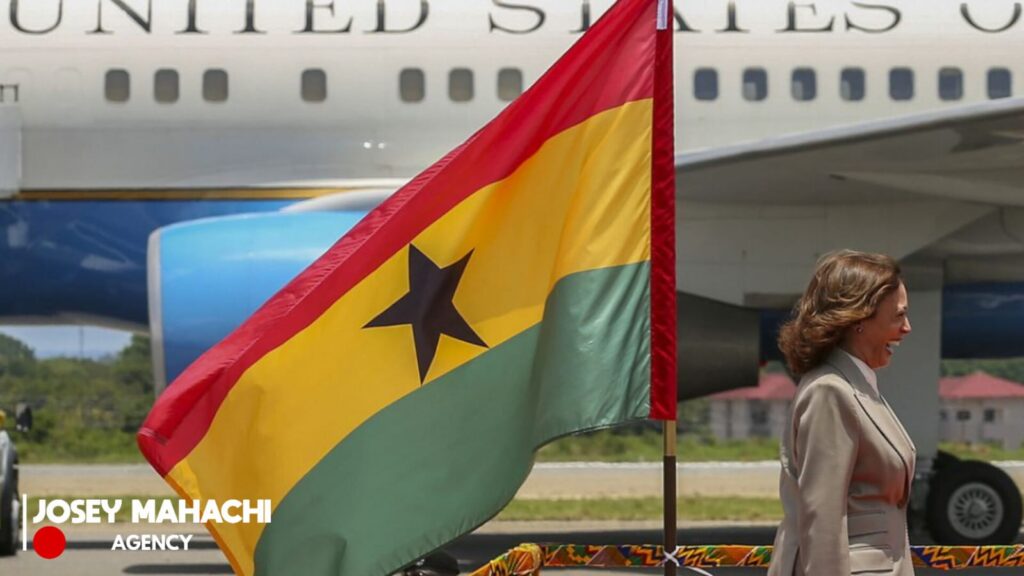By : Lloyd Mahachi
Ghana has taken the top spot in U.S. visa overstays for 2023. This means that more people from Ghana stayed in the United States longer than they were allowed. Ghana’s overstay rate is now 7.50%, which is higher than Nigeria’s 7.14%. Many factors contribute to this issue, including economic struggles, the appeal of opportunities in the U.S., and challenges with the visa application process.
In 2023, Ghana issued 25,454 visas for business, tourism, or visiting family and friends. Unfortunately, 1,910 Ghanaians stayed longer than allowed. Nigeria, on the other hand, issued 84,051 visas, with 6,000 Nigerians overstaying. Historically, Nigeria had more overstays due to its larger population and higher number of travelers. However, Ghana’s overstay rate has now surpassed Nigeria’s.
Ghana’s overstay rate for student and exchange visitor visas is particularly concerning. Out of 2,559 visas issued, 537 individuals stayed longer than permitted. This represents a 21% overstay rate. In comparison, Nigeria’s overstay rate for student visas was 15.60%. Other African countries with notable overstay rates include Togo at 19%, Burkina Faso at 12.13%, and Mali at 5.27%.
The rise in visa overstays from Ghana and Nigeria may impact diplomatic relations between these countries and the U.S. The U.S. government might respond by making visa rules stricter or imposing sanctions on countries with high overstay rates. This could lead to fewer visa issuances or more complicated application processes.
An overstay occurs when a visitor remains in the U.S. beyond their authorized stay. There are two types of overstays: those who remain in the country without leaving and those who depart after their permitted stay. To determine lawful status, authorities consider more than just entry and exit records. Extensions or changes to visa status must also be taken into account.
The U.S. government closely monitors visa compliance to ensure national security and fair immigration practices. Countries with high overstay rates face potential consequences, including reduced visa issuances or increased scrutiny. To address this issue, Ghana and Nigeria must work together with the U.S. to identify solutions.
Effective solutions require understanding the reasons behind visa overstays. Economic challenges, limited job opportunities, and perceived U.S. benefits drive individuals to overstay. Addressing these underlying issues through cooperation and mutually beneficial policies can help reduce overstays.
By working together, Ghana, Nigeria, and the U.S. can strengthen diplomatic ties, promote lawful migration practices, and foster a safer, more collaborative international community.
Editor : Josephine Mahachi

